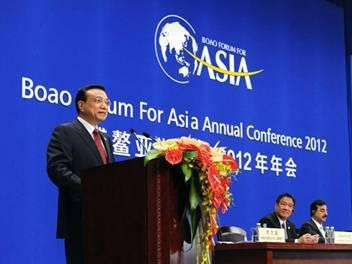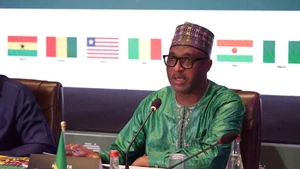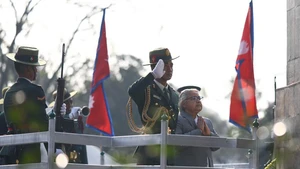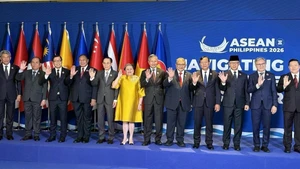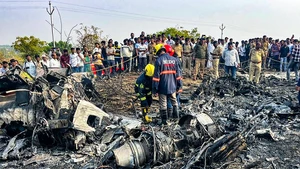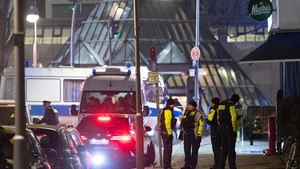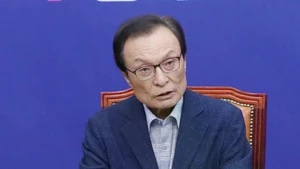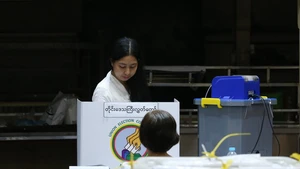Among attendants of the annual session are Italian Prime Minister Mario Monti, Kazakhstan’s Prime Minister Karim Masimov, Pakistani Prime Minister Yousuf Raza Gilani, Iranian Vice President Mohammad-Javad Mohammadizadeh, Thailand’s Deputy Prime Minister Kittiratt Na-Ranong and Vietnamese Deputy Prime Minister Hoang Trung Hai.
More than 2,000 government, business and academic leaders from around the globe attended the meeting, which this year adopts the theme ‘Asia in the Changing World: Moving toward Sound and Sustainable Development.’
Speaking at the event, Chinese Vice Premier Li Keqiang said China’s fundamentals that help sustain stable development have not changed, adding that the country's efforts to co-ordinate development of industrialisation, urbanisation, and agricultural modernisation will help sustain moderately rapid growth in the coming years and improve the quality and efficiency of the growth.
Meanwhile, the country will deepen reforms and opening-up to remove institutional obstacles on its course to transfer growth mode, focusing on the reform of the fiscal sector, taxation, finance, pricing, income distribution, and enterprises, he added.
As Asia’s largest import market and an important source of investment in the region, China will continue to work with Asian countries, expanding co-operation in the sectors of emerging industries, infrastructure, finance and technology, he said.
The three-day forum, which started Sunday, focuses on three key issues this year - exploring the root source of global economy uncertainty, seeking reform and transformation and Asia’s sustainable development.
The forum introduces a wide range of topics, including eurozone debt crises, employment and growth, the reform of the international monetary system and the strategic breakthrough of Asian manufacturing.
A non-governmental and non-profit international organization founded in 2001, BFA has been committed to promoting regional economic integration and bringing Asian countries closer to their development goals.
